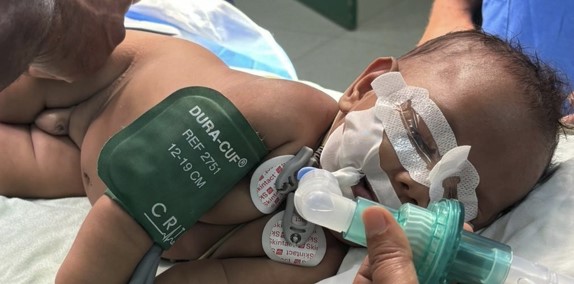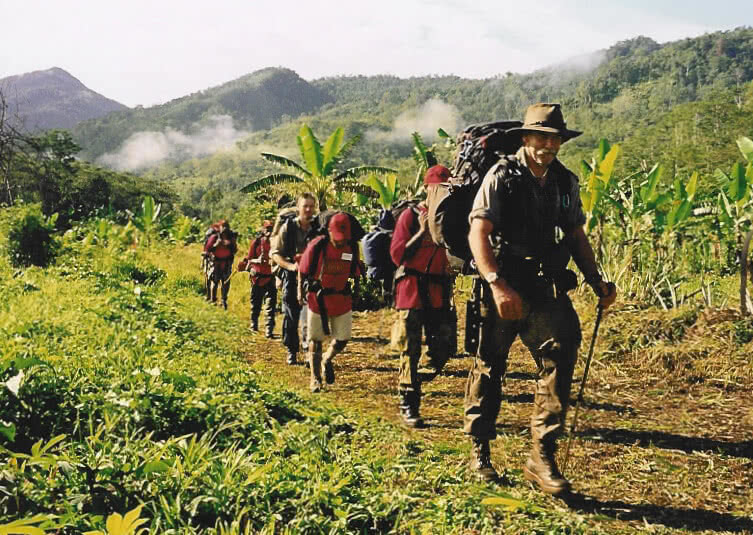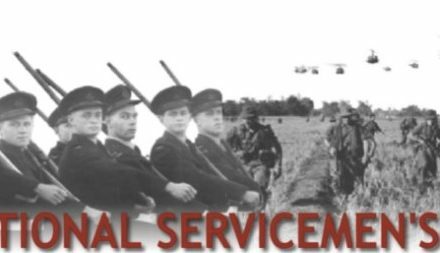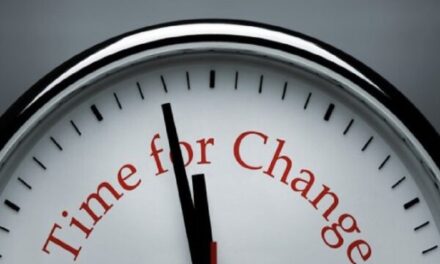‘Covid exposed the failure of DFAT-Kokoda Initiative environment officials to establish a philanthropic trust to support traditional landowner communities across the trail – so when the pandemic hit they were simply relocated to the security of their surrounds in Canberra while remote subsistence villagers were left to fend for themselves.’
The philanthropic potential of pilgrimage tourism across the Kokoda Trail has never been realised due to the apathy of aid-funded government officials accountable to Canberra rather than the people they are supposed to serve.
This is evident in their neglect to harness the goodwill of some 65,000 Australians from all walks of life who have trekked across the trail over the past couple of decades. Many would have been willing to leave a footprint behind to assist in looking after the health and education needs of local villagers while other would like to use their expertise in helping PNG in a broader sense.
The Covid pandemic exposed catastrophic failures in the PNG health system which is the recipient of millions of dollars in aid funding when it was revealed:
‘Hospitals in Papua New Guinea are being pushed to the brink and morgues are overflowing . . . health authorities have been forced to turn a stadium into a makeshift hospital while elsewhere essential services are closing . . . the morgue is filled, with bodies packed on top of one another . . . some were left outside for days because we just don’t have space. . . . a mass burial of 200 bodies is being undertaken to free up space.’
But not even a crisis of this magnitude deterred aid-funded government officials to break step from their ideological agendas when it was revealed:
‘Papua New Guinea — a country faced with a depressed economy and its public health system on the brink of total collapse due to the covid-19 pandemic sent a 62-member delegation to Europe to attend the COP26 Climate Change conference at a cost of a whooping K5. 8 million’
Covid also exposed the failure of DFAT-Kokoda Initiative environment officials to establish a philanthropic trust to support traditional landowners communities across the trail – so when the pandemic hit they were simply relocated to the security of their surrounds in Canberra while remote subsistence villagers were left to fend for themselves.
Many of the 65,000 trekkers who would willingly have provided some financial assistance during the pandemic were unable to do so due to the lack of a philanthropic trust with the required safeguards for good governance.
It’s worth noting that if such a trust had been established and just10% of trekkers had committed to make a regular donation equivalent to the cost of a cappuccino per week the trust would now have an annual renewable income of almost $2 million per year! Unfortunately, due to their failure to develop a Trust Account supported by an effective database and an active social media program village communities are robbed of the opportunity for such an income stream and receive virtually zilch.
This is compounded by the latest revelation that the Kokoda Track Authority (KTA) now spends all of the trek fee income they receive administrating themselves in Port Moresby – nobody know where the money goes because they refuse to publish annual financial reports.
Philanthropy has therefore been limited to the goodwill of some Kokoda tour operators who have taken it upon themselves to provide charitable support as they are aware of the reality of subsistence needs across the trail. They have also inspired some of their trekkers to use their skills, resources, and networks to leave a footprint behind in PNG.
Australia’s PNG Angels
One such trekker, Dr Mark Coghlan, completed a trek with Adventure Kokoda which included a team of neurosurgeons in 2007. The group was organised by one of Dr Charlie Teo’s former patients who wanted to celebrate the success of his operation 10 years before that by trekking Kokoda with him and his former RAAF mates.
As a result of their pilgrimage Dr Coghlan established his own charity, PNG Angels, to perform lifesaving operations, training and medical supplies on pro-bono basis to the Port Moresby General Hospital.
Since then they have conducted seven lifesaving missions to the Port Moresby General Hospital and saved more than 100 lives.
During the period 3-7 June 2024 his team performed 18 life-saving surgeries alone at the Port Moresby General Hospital on their 7th mission to PNG.
This team consisted of neurosurgeons, nurses, and anesthetists who operated on four children and 14 adults, addressing spine and brain tumor cases. Dr Coghlan’s team was joined by the Port Moresby General Hospital own neurosurgeon, Dr. Benjamin Thomas, who travelled up from Sydney where he is currently on a 6-month training course.
Dr Coughlan’s PNG Angels are keen to continue to work in collaboration with the local neurosurgical team as their emphasis is on helping with surgeries as well as training and upskilling the staff in areas such as intensive care, the ward, and in-theater.
It’s worth noting that Dr Coghlan receives no financial support from Government for the life-saving endeavours of his highly skilled medical team. One can only imagine how many more lives could be saved if some of the $600 allocated towards the inclusion of a PNG team in the NRL could be channeld towards his charity!
And how much more we could mobilise if the PNG Government proclaimed ‘Kokoda Day’ as a national day of commemoration.
In the meantime our Network Kokoda charity will be looking towards including Dr. Coghlan’s PNG Angels into our own network to assist in fundraising for his team.
The following pictures are a bit confronting but they provide an insight into the wonderful work performed by Dr Coghlan and his team of highly skilled volunteers.
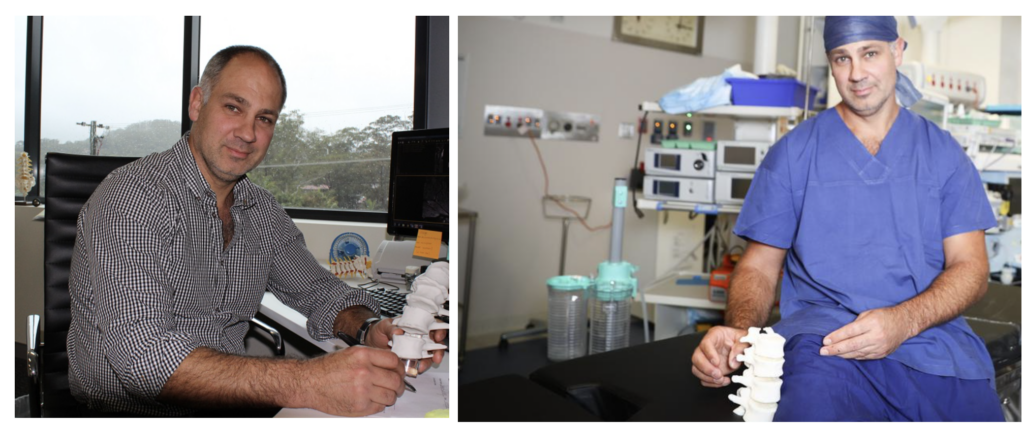
Dr Marc Coghlan – Founder and Board Chairman of PNG Angels
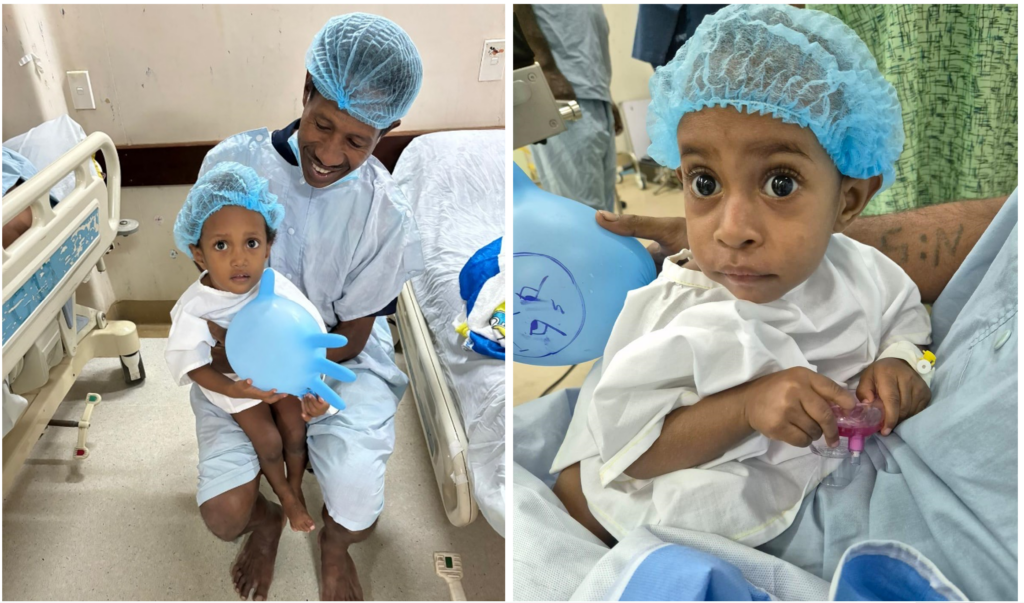
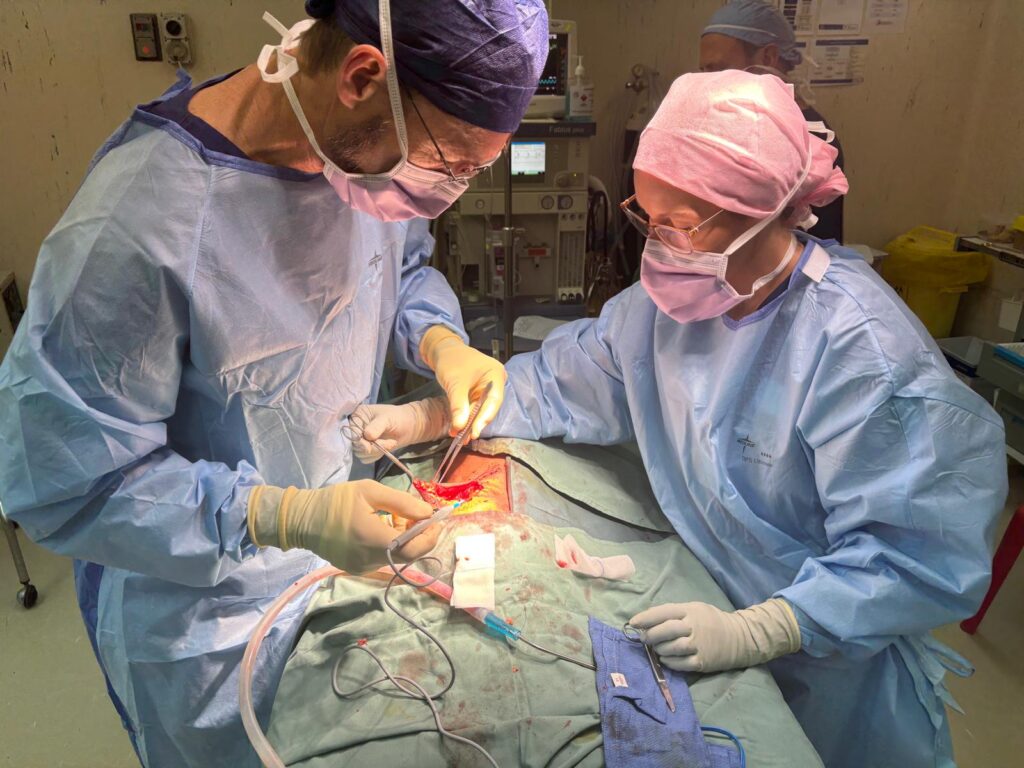
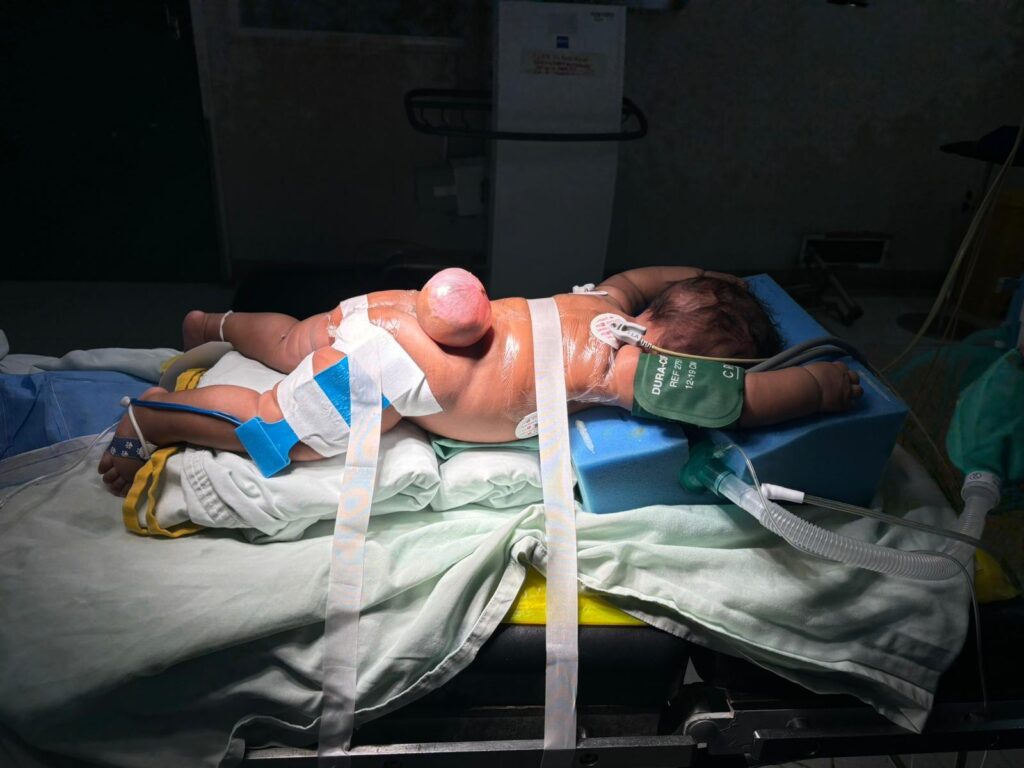
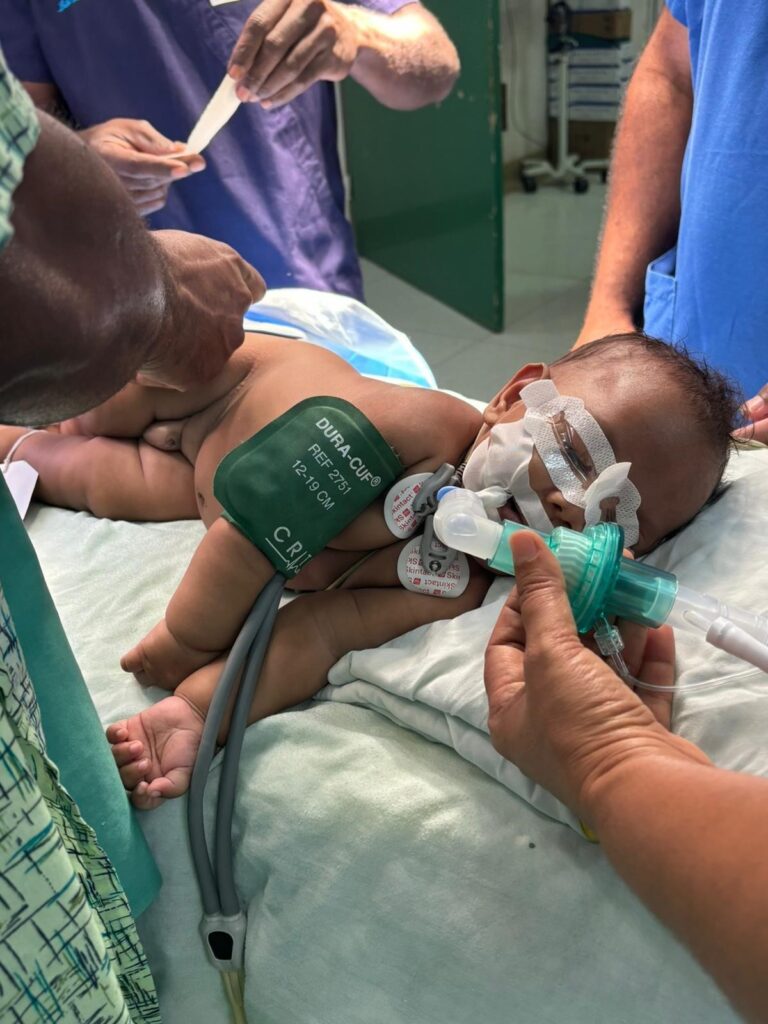
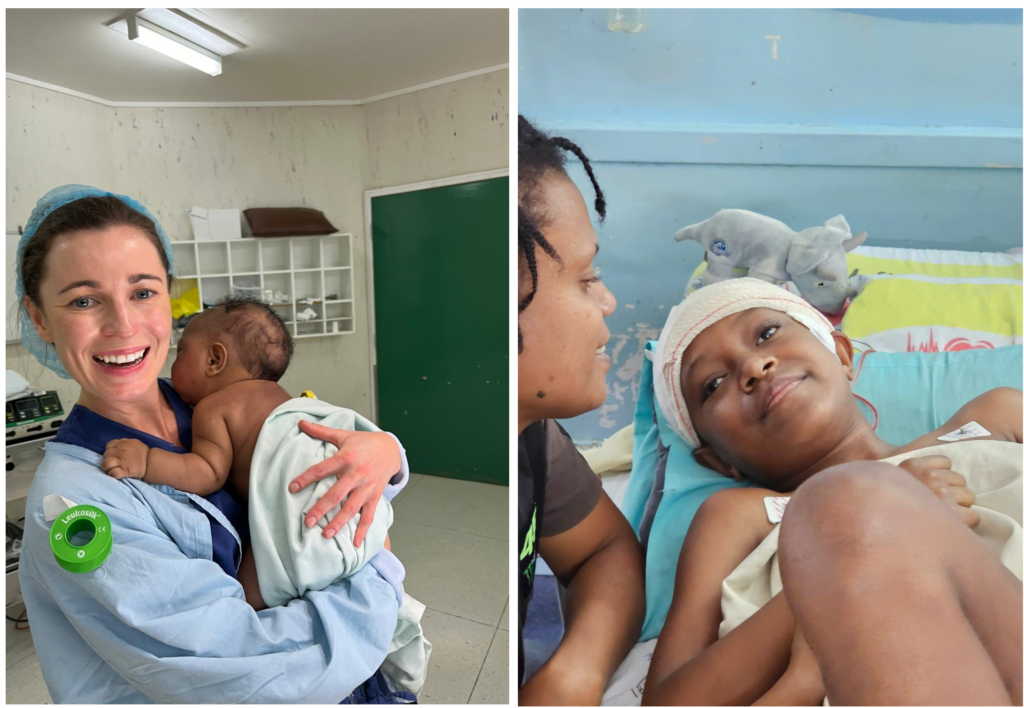
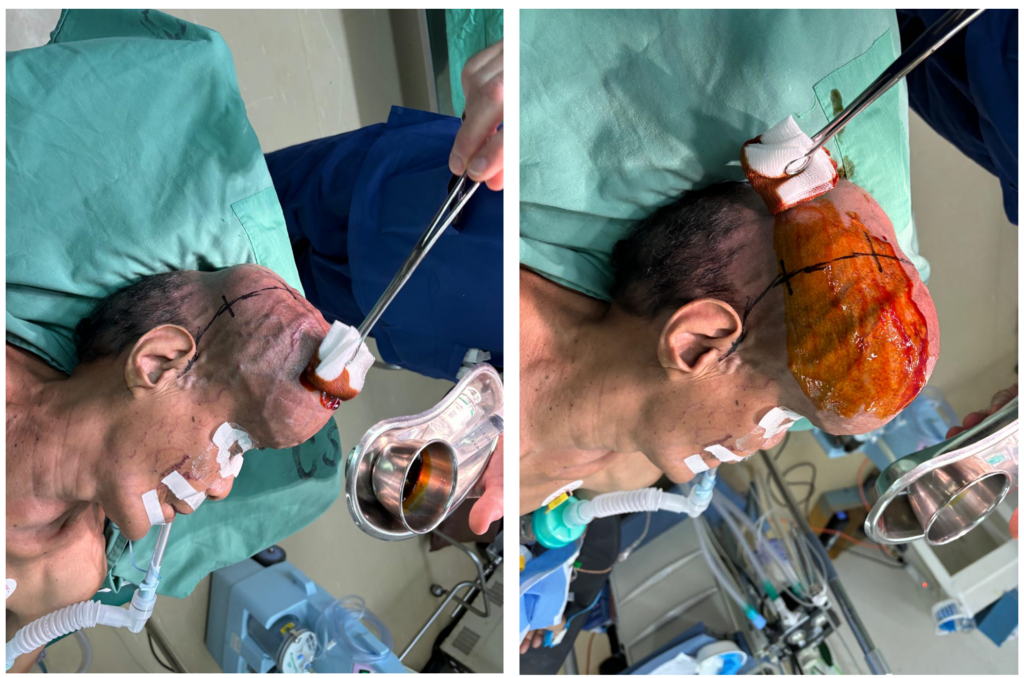
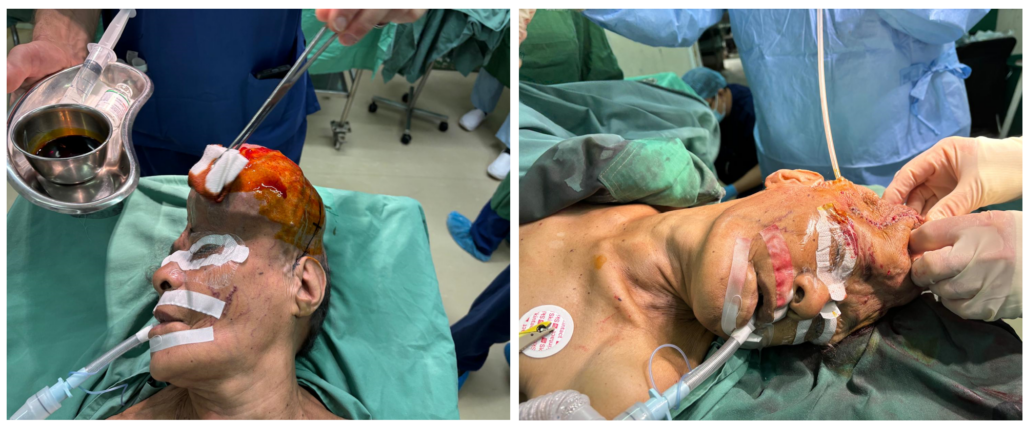
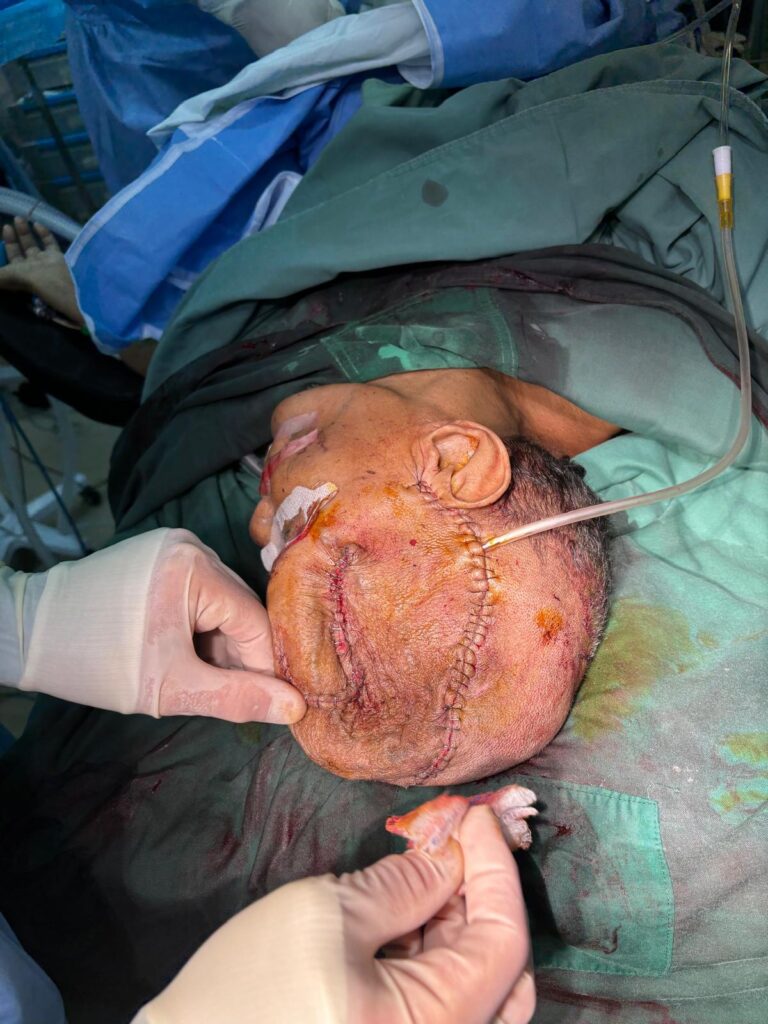
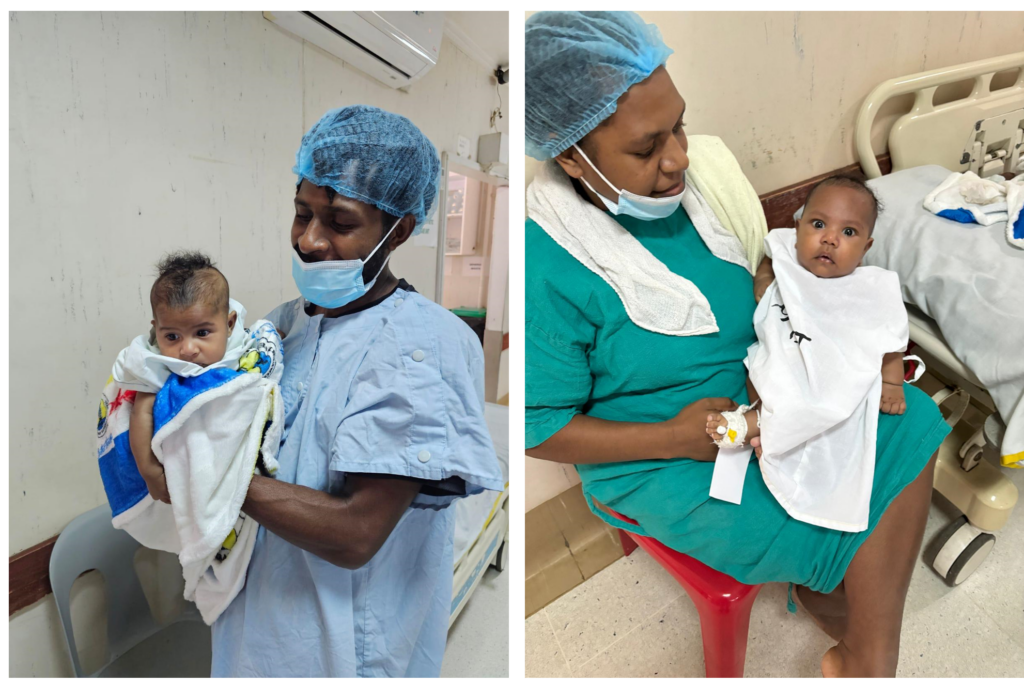
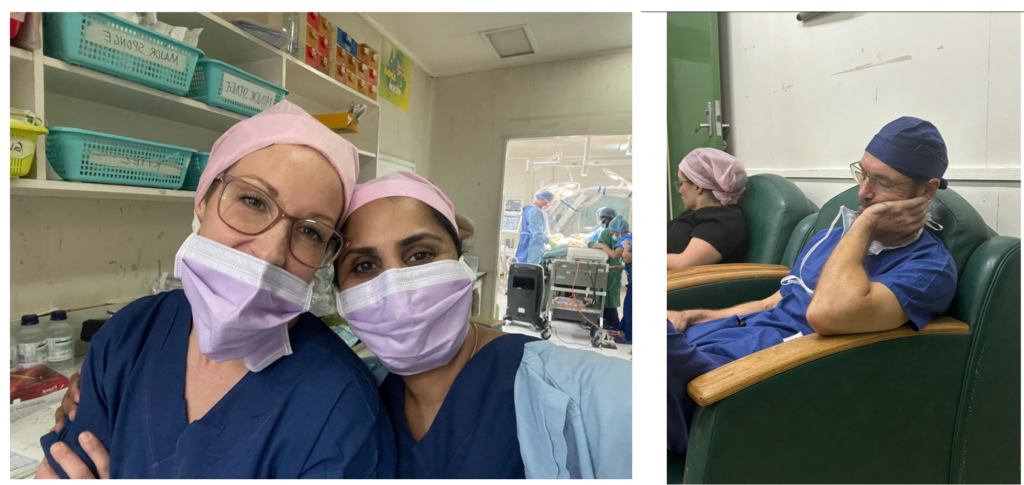
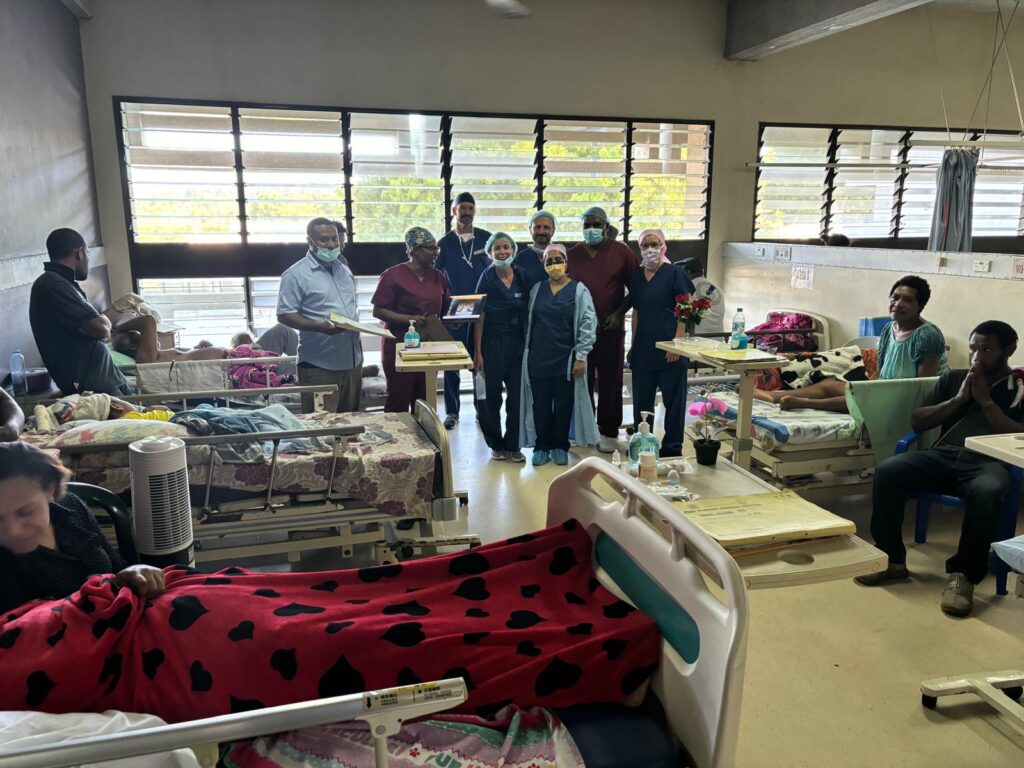
A tired but satisfied specialist team at the end of their 18 life-saving operations at the Port Moresby General Hospital
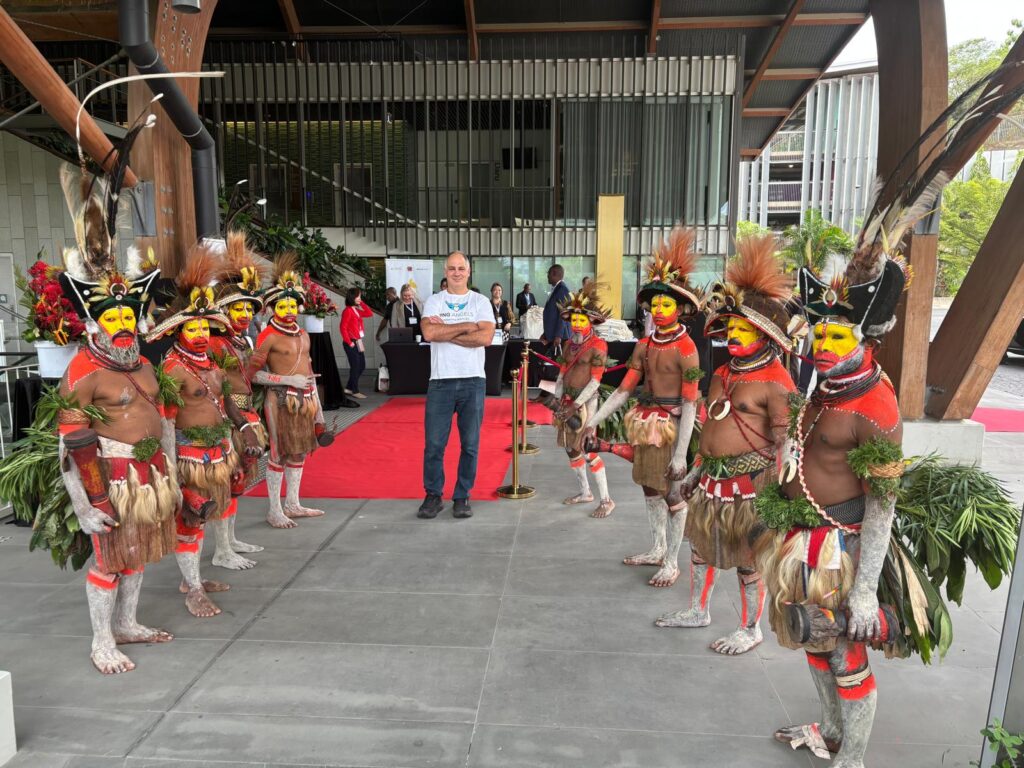
Whilst the Government does not provide any financial support to Dr. Marc Coghlan’s ‘PNG Angels’ the people who matter appreciate his work.

